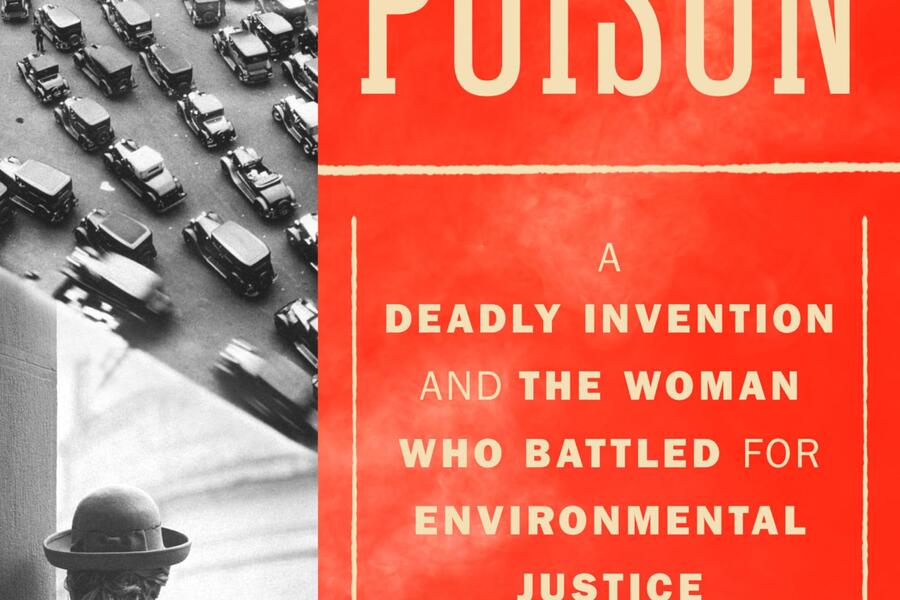At its core, American Poison tells the story of a public health activist, Alice Hamilton, versus inventor and businessman Thomas Midgley Jr. It's a David and Goliath tale—with lives at stake. During the boom of the auto industry, Midgley would discover tetraethyl lead, a gasoline additive that made him a fortune while also poisoning millions of people across America. For decades, Hamilton would wage a legal battle with Midgley and the auto industry, and while she never witnessed victory during her lifetime, her work would pioneer a field. Johns Hopkins Magazine talked with author Daniel Stone, a lecturer for the Krieger School's Environmental Sciences and Policy program, about the book and Hamilton's legacy.
What initially led you to Alice Hamilton and her crusade?
A few years ago, I read a journal article that mentioned Alice Hamilton. I had never heard of her, which I thought was strange considering I've been teaching graduate-level environmental science for almost 10 years. I did a little research and discovered Hamilton was a truly remarkable person—a scientist who created an entirely new field of medicine. I started to describe her to people as "the Erin Brockovich of the 1920s," which was true but also undersold her decades of work and accomplishments fighting for safe workplaces and communities. Her work was what we now call environmental justice.
History doesn't treat Midgley kindly. Did your research bring any sympathy for, or a greater understanding of, him?
A little. Midgley was a very gifted inventor. He had an almost mythical mind in chemistry, which made real breakthroughs, such as with refrigeration. But he was also hard-nosed and stubborn. After he discovered tetraethyl lead as a powerful gasoline additive in 1921, he spent the rest of his life ignoring everyone who warned that it was a terrible mistake. He eventually went crazy, which feels like an almost karmic payback for contaminating the world with a preventable poison. He wasn't a bad guy, but he's a cautionary tale of how the incentives of capitalism can corrupt a man and his values and cost him dearly.
I can't help but think of synthetic PFAS, bioproducts of industry that might be having harmful effects on humans today.
Yes. In many ways, the world is much safer than it was a century ago. We now have safety regulations and agencies like the Occupational Safety and Health Administration that enforce workplace safety rules. But in other ways, innovation creates this cycle where new inventions have a long runway of testing on the public before regulations catch up. PFAS are a good example. We also have microplastics and industrial pesticides that are causing a great deal of damage but are very difficult to rein in. For all of these things, I'm sure there are Alice Hamiltons trying to warn us now. But we either can't hear them, or are subconsciously choosing not to, so we can enjoy the conveniences of modern life.
Posted in Arts+Culture








